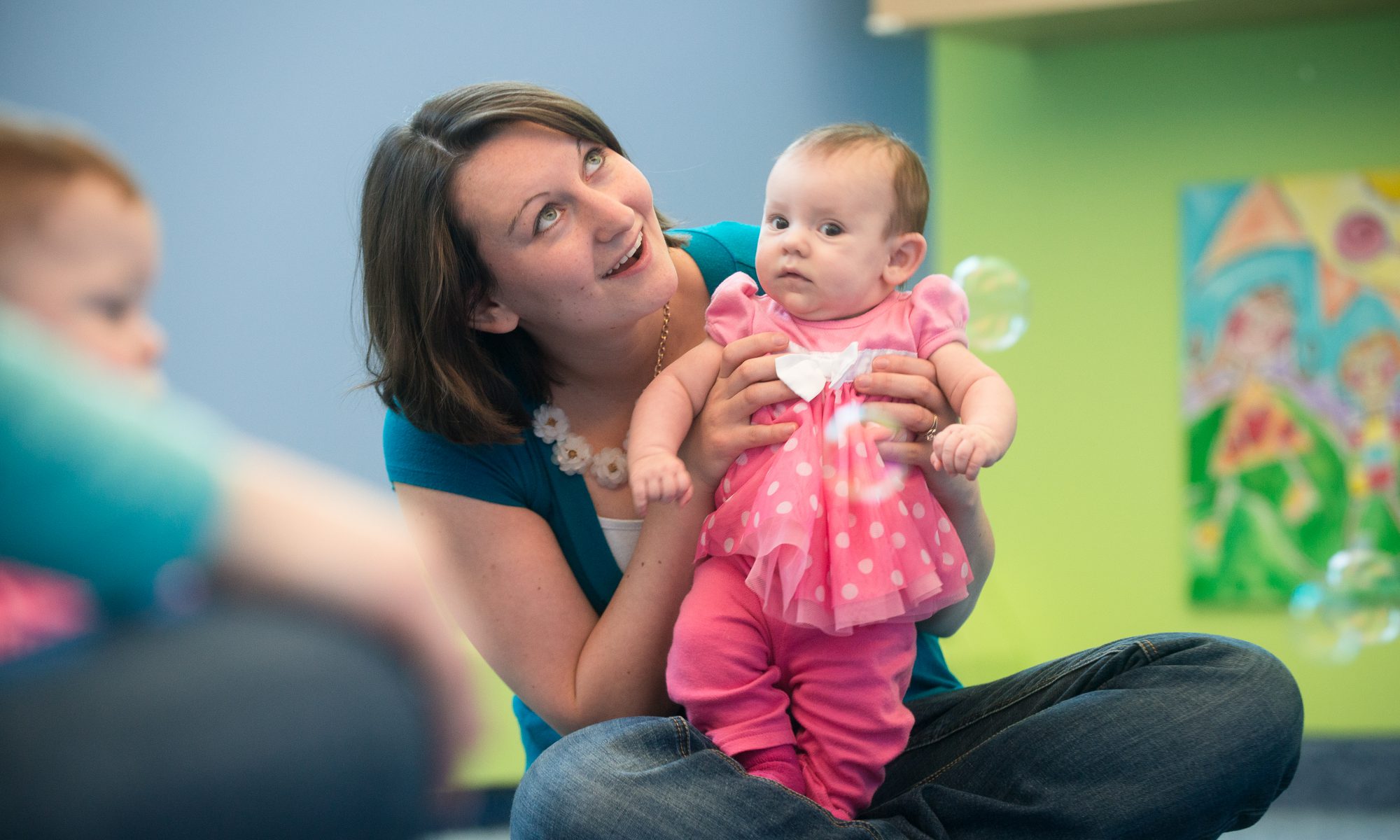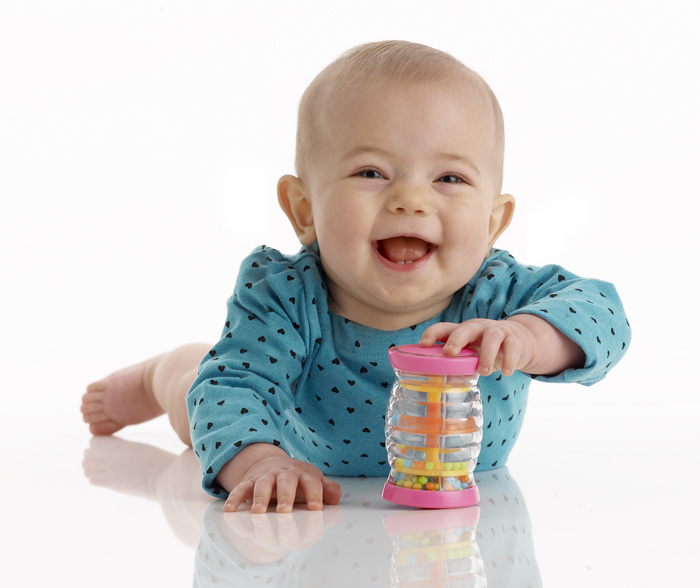[vc_row][vc_column][vc_column_text]How many pictures of newborns have you seen in the moments after the little one arrived in the world? I’m talking about a specific category of photos – the beautiful shots of mothers holding their babies for the first time – that all important skin-to-skin contact. Medscape tells us this:
…newborns who are placed skin to skin with their mothers immediately after birth make the transition from fetal to newborn life with greater respiratory, temperature, and glucose stability and significantly less crying indicating decreased stress. Mothers who hold their newborns skin to skin after birth have increased maternal behaviors, show more confidence in caring for their babies and breastfeed for longer durations.
Makes good sense. But what about once your home? Can you spoil your baby by holding her too much? Wendy Wisner over at Scary Mommy brings us the results of some long term studies that indicate there really isn’t a downside to holding your baby too much. Let’s look at the science.
[/vc_column_text][/vc_column][/vc_row][vc_row][vc_column][vc_column_text]
Health Benefits
It’s clear from scientific studies that lots of skin to skin contact with the mother is very beneficial for preterm infants. This includes increased grey matter, decreased hyperactivity, and in the long term, fewer absences from school. The study published last December by the American Academy of Pediatrics followed a group of premature infants for twenty years. That’s long term. These subjects even made more money at their jobs than the control group!
But what about full term infants? Can we hold them too much? Is that spoiling them?
[/vc_column_text][/vc_column][/vc_row][vc_row][vc_column][vc_column_text]
Go Ahead – Hold that Crying Baby
Holding that baby will help the little one in many ways – but it also has benefits for you! Check out this info from Baby Science:
So holding a baby close against your body doesn’t just feel good; it’s critical to a baby’s development. And this critical baby-cuddling isn’t just something a parent decides to do; it’s actually biologically triggered by the baby. One international research team showed that an infants’ smell is enough to trigger the brain’s reward system in potential cuddlers. Researchers exposed a group of fifteen mothers and fifteen women who had not given birth, to odor extracted from the pajamas of two-day old infants. All the women underwent MRI brain scans done while being exposed to the odor. In all the women, but more so in the mothers, the reward center in the brain showed enhanced activity.
At the doctor’s office? Did your baby just get a shot? Obviously our instinct is to hold that infant close to help sooth her. And it works – skin to skin contact is a painkiller! In a 2000 study also published in the AAP, 30 infants were pricked in their heels. The results were remarkable:
“Crying and grimacing were reduced by 82% and 65%, respectively, from control infant levels during the heel lance procedure. Heart rate also was reduced substantially by contact.”
– AAP
Those are some big numbers.
[/vc_column_text][/vc_column][/vc_row][vc_row][vc_column][vc_column_text]
You Just Can’t Hold a Baby Too Much
The research is clear. The physical and emotional health benefits of holding your baby are tremendous. Study after study tell us that holding your baby when he is fussy or experiencing pain is a good thing. Period. Wendy Wisner says it better than I can:
…it turns out there is basically a treasure trove of scientifically backed-up data out there to prove that there is absolutely no way you can spoil a baby. Zero. Zilch.
In fact, almost all of the research points to the fact that not holding your baby enough could have negative ramifications in terms of health and development.
I almost wish I could go back in time and present all this data to the people who criticized me for keeping my babies in my arms or strapped to me in a baby carrier 24/7. But in all honesty, I’m pretty sure I was like most new moms out there — too exhausted and brain-fried to do much arguing or researching.
[/vc_column_text][/vc_column][/vc_row]




